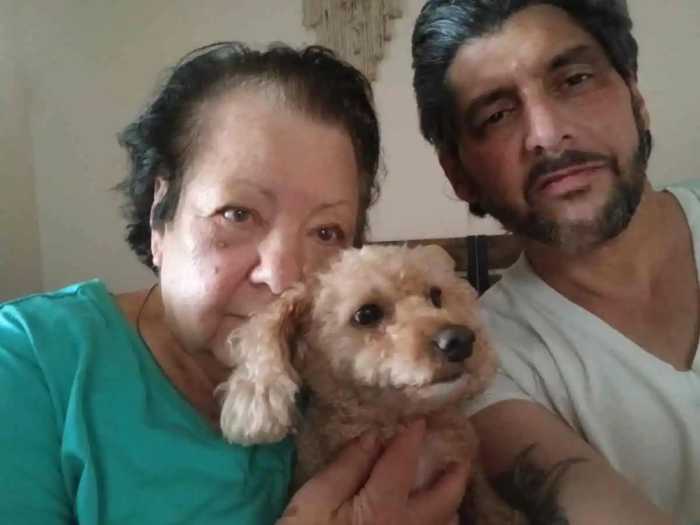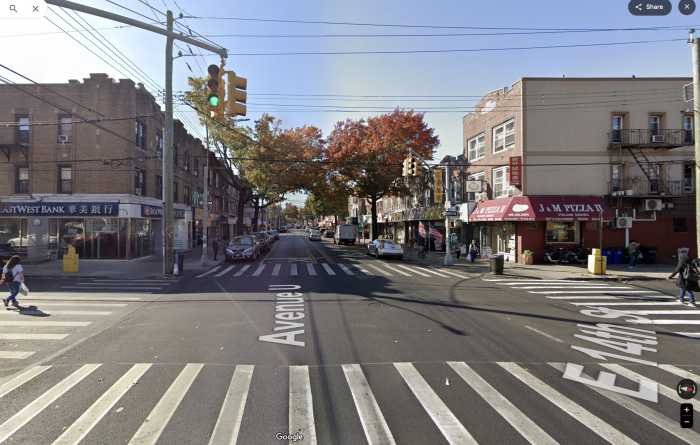These days, to find a potentially cancerous breast tumor, surgeons at Bellevue Hospital Center simply “Scout” it out.
New high-tech equipment is in place in the breast surgery operating room at Bellevue that uses infrared rays to probe breasts for lesions that need to be surgically removed.
Dr. Kathie-Ann Joseph, Chief of Breast Surgery at Bellevue, explained that the new technology is called Savi Scout, and insisted it’s the wave of the future in breast cancer surgery.
“When the patient has a lesion, you can’t always feel it,” said Dr. Joseph. “The surgeon needs to find out where that lesion is; this new technology can do that.”
She said that previously, breast-cancer patients needing surgery would have to arrive at the hospital early in the morning on the day of the operation to undergo needle location, a procedure in which a radiologist inserts a needle attached to a guide wire into a breast to find the lesions.
“The issue with needle location is if the lesion is in a difficult location, the procedure can take a lot longer than expected, and the patient could spend more time in the operating room than they need to,” Joseph said. “That’s inefficient, and leads to delays in surgery for the doctors.”
With Savi Scout, she said, a radiologist inserts a small chip, called a reflector, into the breast of a surgical patient. This can be done under local anesthesia at any time — a week before, or even a day before — an operation.
“We have a device that we use in the operating room that picks up a signal from the reflector to show the surgeon where [in the breast] the lesion is,” Dr. Joseph said. “I like to say it tracks where lesions are much like a GPS system in your car tracks your destination.”

“It’s a procedure that’s much more comfortable for the patient — they don’t have that guide wire sticking out of their breast — and they don’t have to come in hours earlier before surgery,” she said. It also improves operating room efficiency, because surgeons can begin operating more quickly, and see more patients on any given day.
“The main thing we [surgeons] look at is what we call our ‘first start’ case, the first [surgical] case of the day,” Dr. Joseph said. “If that [surgery] doesn’t start on time, the rest of the cases will be delayed and our efficiency goes down. That’s been largely eliminated by Savi Scout. It’s safe to say that we’ve knocked down the time it takes to do an average breast surgery procedure from an hour to half that time.”
Dr. Joseph said that since Bellevue brought the new technology on board, “65 percent of the cases that were previously handled with guide wires are now done with Savi Scout, and we expect that number to grow. It’s state-of-the-art were excited about it.”
She said that so far, Bellevue is the only city Health + Hospitals facility to use Savi Scout, but she expressed hope that others would follow suit.
“It’s going to become the standard of care,” said Dr. Joseph, who is also an Associate Professor of Surgery and Population Health at NYU Langone Health. “The major [breast cancer] academic centers are moving toward this type of system.
“Cancer patients are going through a stressful experience as it is,” she said. “Anything we can do to make that experience less stressful is a good thing.”
Bellevue Hospital Center, 462 First Avenue at 27th Street, Manhattan, is observing Breast Cancer Awareness Month by offering free mammograms at a health fair in the hospital lobby from 9 am to 2 pm Tuesday Oct. 30.
























